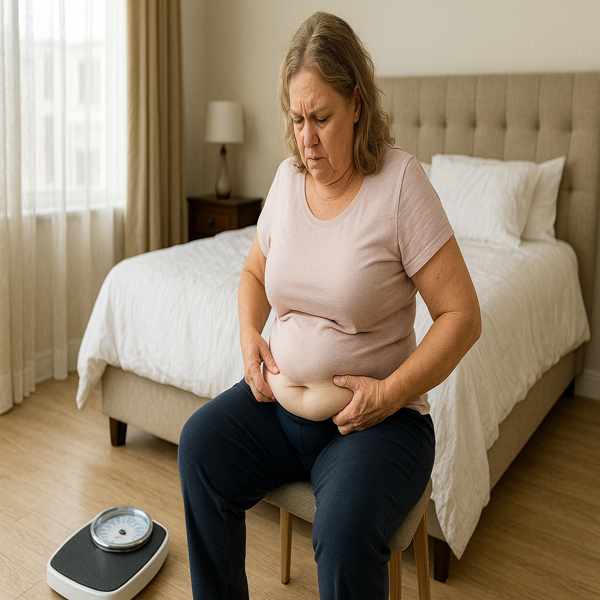Weight Loss After Hysterectomy
Weight Loss After Hysterectomy
Blog Article

Understanding how to manage weight loss after hysterectomy is key to regaining balance and confidence.
Whether you’ve had a partial, total, or radical hysterectomy, there are ways to support your body with the right strategy and mindset.
What Happens to Your Body After Surgery
After a hysterectomy, your body undergoes several changes — especially if the ovaries are removed.
Key reasons for post-surgery weight gain include:
- Lower estrogen may slow metabolism
- Reduced physical activity during recovery
- Stress and pain can influence eating habits
- Lower muscle equals slower calorie burn
Is Weight Loss Possible After Hysterectomy?
The good news is that weight loss after hysterectomy is entirely possible.
Eating for Hormonal Balance and Weight Loss
Focus on:
- To stabilize blood sugar and reduce cravings
- To preserve muscle and stay satisfied
- To support hormonal health
- To prevent fat gain and mood swings
- To manage hunger and improve digestion
Consider working with a dietitian familiar with hormonal health for more personalized guidance.
Best Workouts for Recovery and Fat Loss
Once your doctor clears you for activity, start slow and stay consistent.
Recommended exercise includes:
- Gentle but effective for burning fat
- Helps build muscle and boost metabolism
- Yoga or Pilates
- Low-impact cardio (cycling, elliptical)
Aim fastest way to lose weight after hysterectomy for a combination of strength, cardio, and flexibility training for well-rounded fitness.
Reducing the Effects of Estrogen Loss
If your hysterectomy included ovary removal, hormone fluctuations may be more intense.
Natural support options:
- Herbal supplements (consult a professional)
- Stress reduction techniques
- Hormones regulate better with quality rest
- Healthy fat intake
You may also discuss HRT (hormone replacement therapy) with your doctor depending on your situation.
How Your Mind Affects Weight Loss
After surgery, emotions like anxiety or sadness can affect motivation and eating habits.
Practice:
- Daily self-check-ins
- Great for processing emotions and habits
- Joining support groups
How Long Does It Take?
You may start to notice weight changes within a few months, or it may take longer.
Helpful reminders:
- Be consistent and patient
- Every pound and habit counts
- Energy, strength, and confidence matter too
Conclusion
With the right combination of nutrition, movement, and self-care, you can feel strong and healthy again.
You deserve to feel confident and in control of your health. Report this page